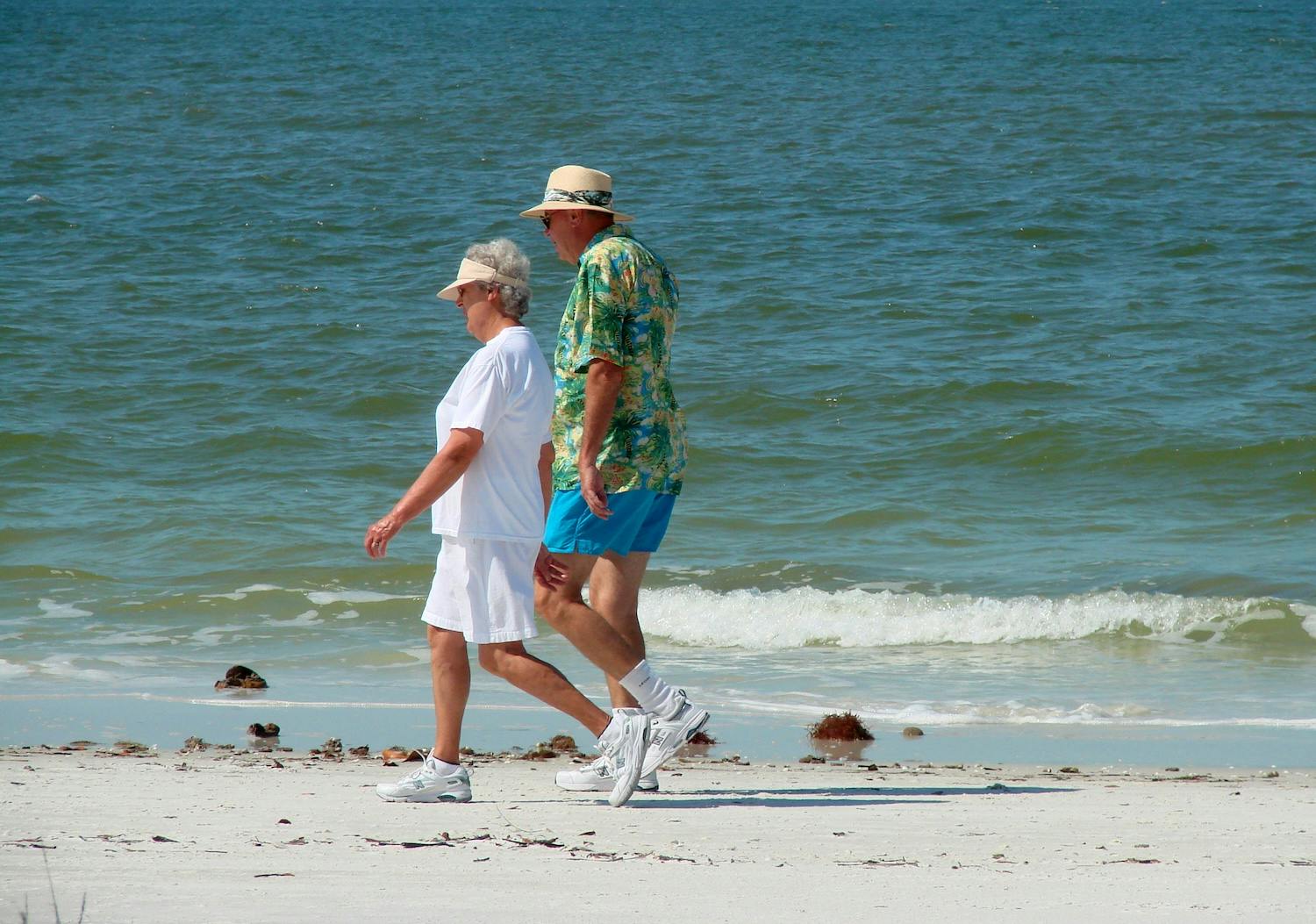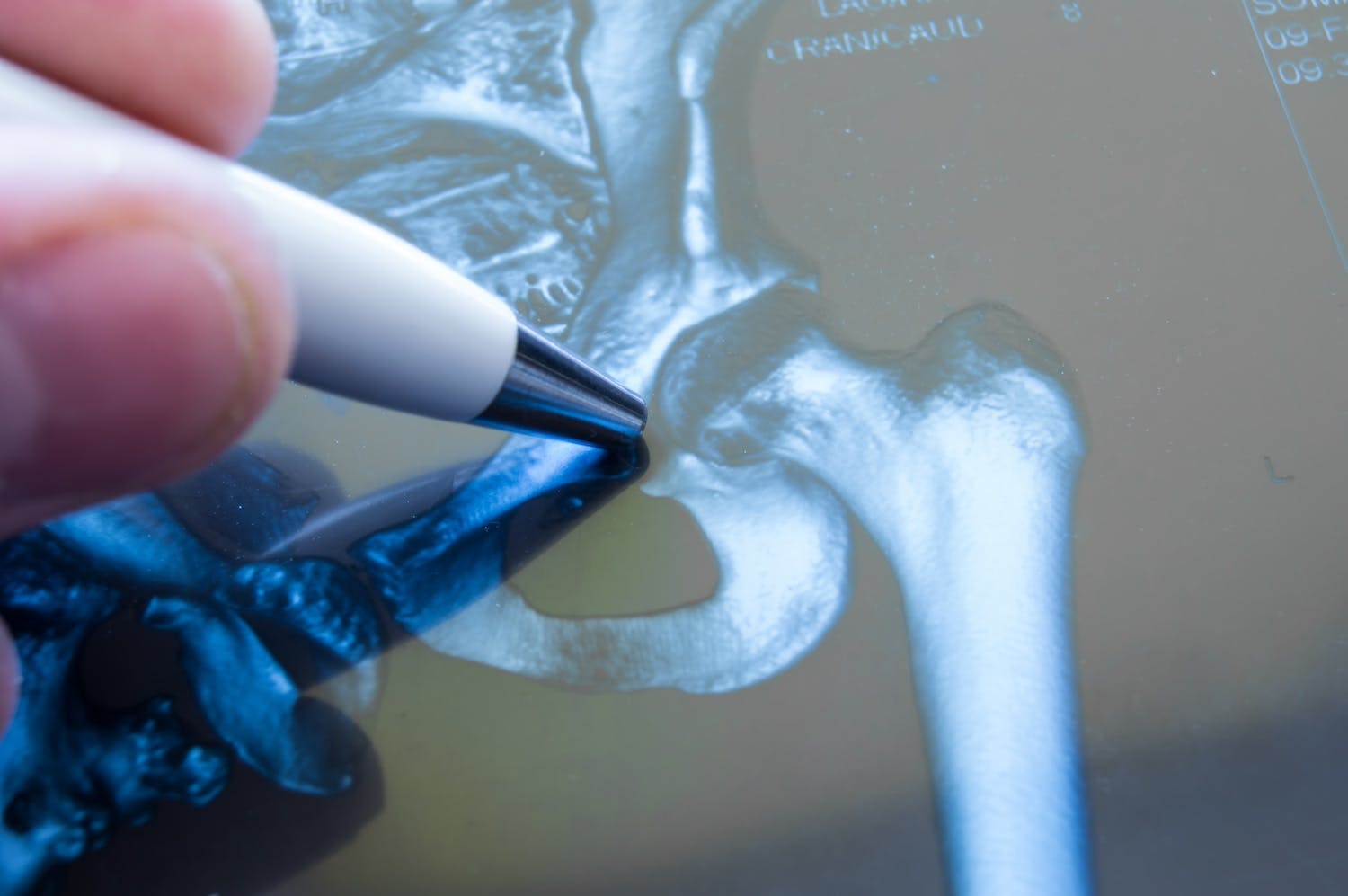- Blog
Treating Ankle Arthritis
Posted on 01-28-2026 in Achilles Tendinitis, Arthritis, Ankle Pain, Foot/Ankle & Ankle Arthritis by Dr. Erik Nilssen, Dr. Sonya Ahmed

Posted on 01-28-2026 in Achilles Tendinitis, Arthritis, Ankle Pain, Foot/Ankle & Ankle Arthritis by Dr. Erik Nilssen, Dr. Sonya Ahmed
May is National Arthritis Awareness Month, and of the more than 100 forms of this painful condition, many can affect the ankle. In fact, almost half of people in their 60s and 70s have arthritis of the foot and/or ankle, but not all of them have symptoms.
Arthritis refers to inflammation in one or more of the body’s joints, and while it can occur in many areas, it is very prevalent in small joints like the ones located in your feet and ankles. Unfortunately, arthritis cannot be cured, but it can be managed with a range of treatment options specifically designed to relieve symptoms and slow progression.
In the majority of cases, the joint will be swollen and painful. Usually, this pain develops gradually; however, it is possible for the pain to come on suddenly in some cases.
Other symptoms of arthritis include:
Individuals with ankle arthritis also experience Achilles tendonitis more frequently than those who do not. Therefore, to fully understand the symptoms of ankle arthritis, the symptoms associated with Achilles tendonitis must also be addressed. These include:
For those diagnosed with ankle arthritis, non-surgical and surgical treatment options are both available, as determined by your physician.
Non-surgical treatment options for arthritis often include medications by mouth (anti-inflammatories), injections (steroids or other), physical therapy, weight loss, changes in shoes, or orthotics such as pads in your shoes or custom-made braces. Injections are also a common course of treatment. They include strong anti-inflammatory medications such as cortisone and artificial joint lubricants (also known as viscosupplementation or hyaluronic acid) or platelet-rich plasma therapy.
When non-surgical treatments fail, surgical intervention can include cleaning the arthritic joint by removing bone spurs that restrict motion. More often, especially with advanced arthritis, your foot and ankle orthopedic surgeon may recommend replacing the joint with an artificial joint or fusing the joint to eliminate painful motion.
As with any treatment option for ankle arthritis or other foot or ankle-related condition, Dr. Erik Nilssen and Dr. Sonya Ahmed provide the most innovative options possible. If you are experiencing symptoms of ankle arthritis and would like to schedule an appointment with North Florida Bone & Joint Specialists, call us at 850-435-4800 or schedule an appointment online.

September is Healthy Aging Month, an observance dedicated to promoting the positive aspects of growing older and encouraging proactive steps toward maintaining long-term health. In its 33rd year, Healthy Aging Month inspires adults of all ages to focus on lifestyle habits that support vitality, independence and overall well-being.

Ischiofemoral Impingement (IFI) is a lesser-known but often painful condition affecting the hip joint. This condition arises when the ischium (a bone in the pelvis) and the femur (the thigh bone) come into abnormal contact, which compresses soft tissues surrounding the hip. While the discomfort typically manifests in the buttocks or groin, particularly when moving the hip or walking, it can also present as low back pain, making it challenging to diagnose early. Additional symptoms and causes include discomfort during prolonged sitting, reduced range of motion, stiffness and/or tightness in the hip area.

May is Arthritis Awareness Month, an opportunity to increase public understanding of arthritis and its impact on millions of lives. Established by the Arthritis Foundation, this national observance highlights the importance of early diagnosis, effective treatment, and ongoing research to improve the quality of life for those with arthritis.